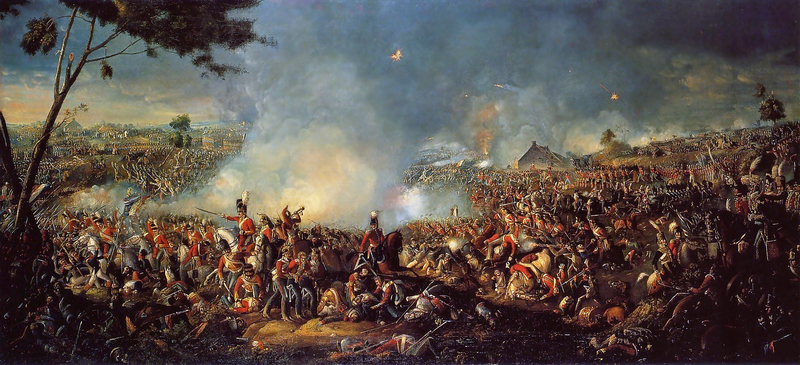I stole through the dungeons, while everyone slept,
Till I came to the cage where the Monster was kept.
There, locked in the arms of a Giant Baboon,
Rigid and smiling, lay … Mrs. RAVOON!
I climbed the clock-tower in the first morning sun
And ’twas midday at least ere my journey was done;
But the clock never sounded the last stroke of noon,
For there, from the clapper, swung Mrs. RAVOON.
I ran through the marsh ‘midst the lightning and thunder,
When a terrible flash split the darkness asunder.
Chewing a rat’s tail and mumbling a rune,
Mad in the moat, squatted Mrs. RAVOON.
I stood by the waters so green and so thick,
And I stirred at the scum with my old, withered stick;
When there rose through the ooze, like a monstrous balloon,
The bloated cadaver of Mrs. RAVOON.
I hauled in the line, and I took my first look
At the half-eaten horror that hung from the hook.
I had dragged from the depths of the limpid lagoon
The luminous body of Mrs. RAVOON.
Facing the fens, I looked back from the shore
Where all had been empty a moment before;
And there, by the light of the Lincolnshire moon,
Immense on the marshes, stood … Mrs. RAVOON!
After this memorable debut in For Love and Money (1956), Paul Dehn’s macabre character has found her way into songs and poems by many writers, even beyond her creator’s death in 1976. They’re cataloged here.


